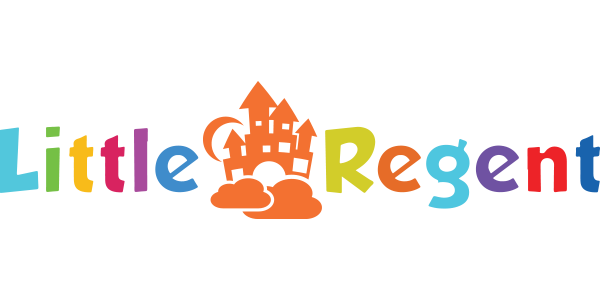Music has incredible benefits for children! I have found music to be one of the most powerful ways to teach children, and there is a scientific reason behind it. Brain research shows us that music makes children smarter.
Miss Katie from Sound Pathways Music is a music therapist who is passionate about music as well as the science behind it, and she has written this article on the benefits of music. Early childhood research that tells us that musical foundations can change a child’s brain in ways that will benefit them for a lifetime. Her passion and inspiration came from watching her three daughters both succeed and overcome obstacles in their development through love, patience, and music.
How Music Makes Children Smarter
As a mom and music therapist, I subscribe completely to the joy of this sentiment: “A child who sings is a happy child.” I have had the honor of witnessing music’s abundant rewards in learning and engagement across the various domains of childhood development.
As a child sings, dances, and plays instruments, research indicates that they are building pathways in the brain that will benefit them for a lifetime.
Neuroplasticity is the ability of the brain to change and adapt in response to it’s environment.
It is in the first three years of life that a child is forming the brain connections that will lay the foundation for the speech/language, motor, and cognitive skills they will use for years to come.
Through that magical world of play, our little ones begin to learn and assimilate information about themselves and the world. Providing a rich and varied musical environment for a child not only enhances their musical tastes and exploration, these playful, engaging musical experiences can facilitate life-changing skill acquisition.
Music Activates Both Hemispheres of the Brain
Children develop systematically along five domains: speech/language, fine motor, gross motor, cognition and social skills.
Not only is music a success oriented and engaging means of addressing these skill areas, music drives neuroplasticity by pairing non-musical skills with music. This engages multiple systems of the brain in synchrony and fosters communication between both hemispheres.
What does all of this mean for your preschooler? It means that not only is a child that sings “a happy child” they are also busy learning, practicing, and assimilating new information and skills.
(Article Credits: Katie@preschoolinspirations)


